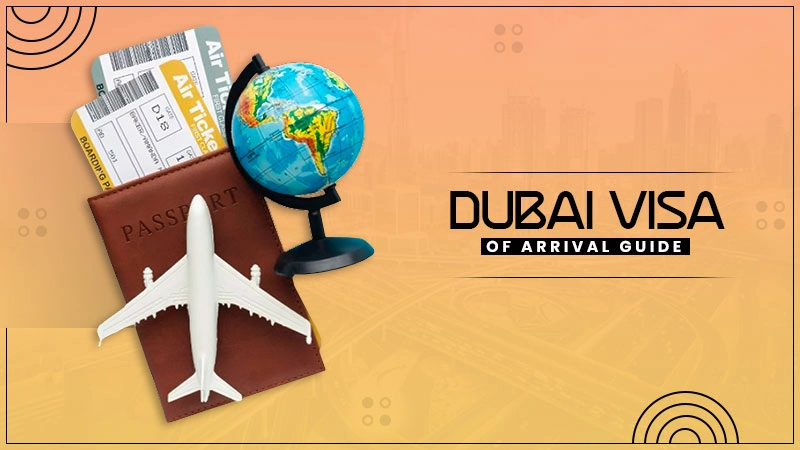
Nothing compares to the freedom of exploring a lake or sea on your own boat. Whether you’re planning a weekend fishing trip with friends or an extended journey down the coast, there are many elements to consider when preparing for a successful and enjoyable boat trip. The following five tips will help make sure that your next boating excursion is one you’ll always remember.
Research the Area
Check local weather forecasts and tide tables so you can understand what conditions you should expect while out on the water for your vacation. Familiarize yourself with local navigation rules and regulations to ensure that you follow the law while on your boat. It’s also a good idea to research potential hazards, such as dangerous currents or debris in certain water areas, so that you can plan accordingly for those potential dangers.
Check Your Equipment
Before heading out, it’s crucial to ensure all of your equipment is in working order. This includes checking the engine, fuel tanks, electrical systems, communication devices, and navigation equipment. In addition to checking the supply of necessary items such as life jackets and flares, you should also look at your first aid kit and fishing gear to ensure everything is in working order. If there are any problems with the boat or equipment, it’s best to address them before you leave.
Invest in a Quality Sail
Investing in a quality sail from reputable companies such as Far East Sails is key to ensuring that your boat performs optimally and withstands harsh weather conditions and heavy winds. A sail will also increase your visibility on the water, allowing other boats and marine life to spot you more easily. Remember to look beyond just cost when considering obtaining a sail and invest in one that will last years of sailing at its best.
Create an Itinerary
Creating an itinerary can help you plan for any unexpected emergencies or events that may come up during your trip. Your itinerary should include where you will be going, what time you plan to arrive, and when you expect to return. Additionally, it’s important to plan meals, snacks, and any activities you may want to do while out on the water. Include a safety plan in case of any emergency.
Follow Safety Best Practices
Be aware of any local laws or regulations that may apply to your trip and familiarize yourself with them before setting sail. Make sure all passengers are wearing life jackets and that you have a floatation device easily accessible in an emergency.
Check the conditions of the boat before leaving, such as fuel and oil levels. Be mindful of your surroundings and watch for other boats or marine life that could pose a danger. Avoid alcohol if you are operating the boat, and be sure to carry a first-aid kit in case of any injuries. Make sure you observe all rules of the water and be aware of other boats and marine life around you.
Pack Smart
When planning for your boat trip, packing smart ensures you have everything you need without cluttering the boat. Start by making a list of items you will need. Necessities such as food, drinks, and lifejackets take priority over luxury items. Consider the space limitations of the boat so you don’t fill it with items that won’t fit. When packing clothing, pick neutral colors and opt for lightweight fabrics that can be layered.
Ensure all items are waterproof or in waterproof bags, as boats require extreme care with electronics and documents onboard due to potential moisture infiltration. Bring on-the-water necessities such as sunscreen and sunglasses with UV protection to ensure everyone on board is safe and comfortable during the journey.
Have a Backup Plan
Prepare yourself for sudden changes in weather and equipment failure, which can alter your original plans. Have multiple routes to your destination marked on the map just in case you need to adjust the course or find an alternate route. It’s also important to note any tolls, fee areas, and dangers you may encounter during your journey.
It’s also a good idea to bring a backup communication device in case of emergencies, such as if you need to call for help or request assistance. Have someone on shore who knows where you are going and when you expect to return so they can notify the authorities if necessary.
A boat trip can be an exciting and rewarding experience, but it’s important to plan ahead to ensure your safety and minimize potential issues. Invest in the right sail, create an itinerary, pack smartly, have a backup plan, and follow safety best practices when out on the water. These steps will set you up for a successful and enjoyable boat trip. Remember to take in the scenery, relax, and enjoy your adventure.





